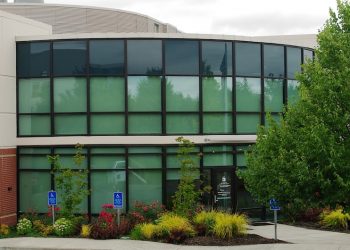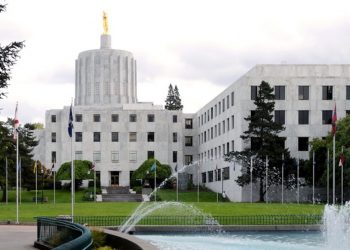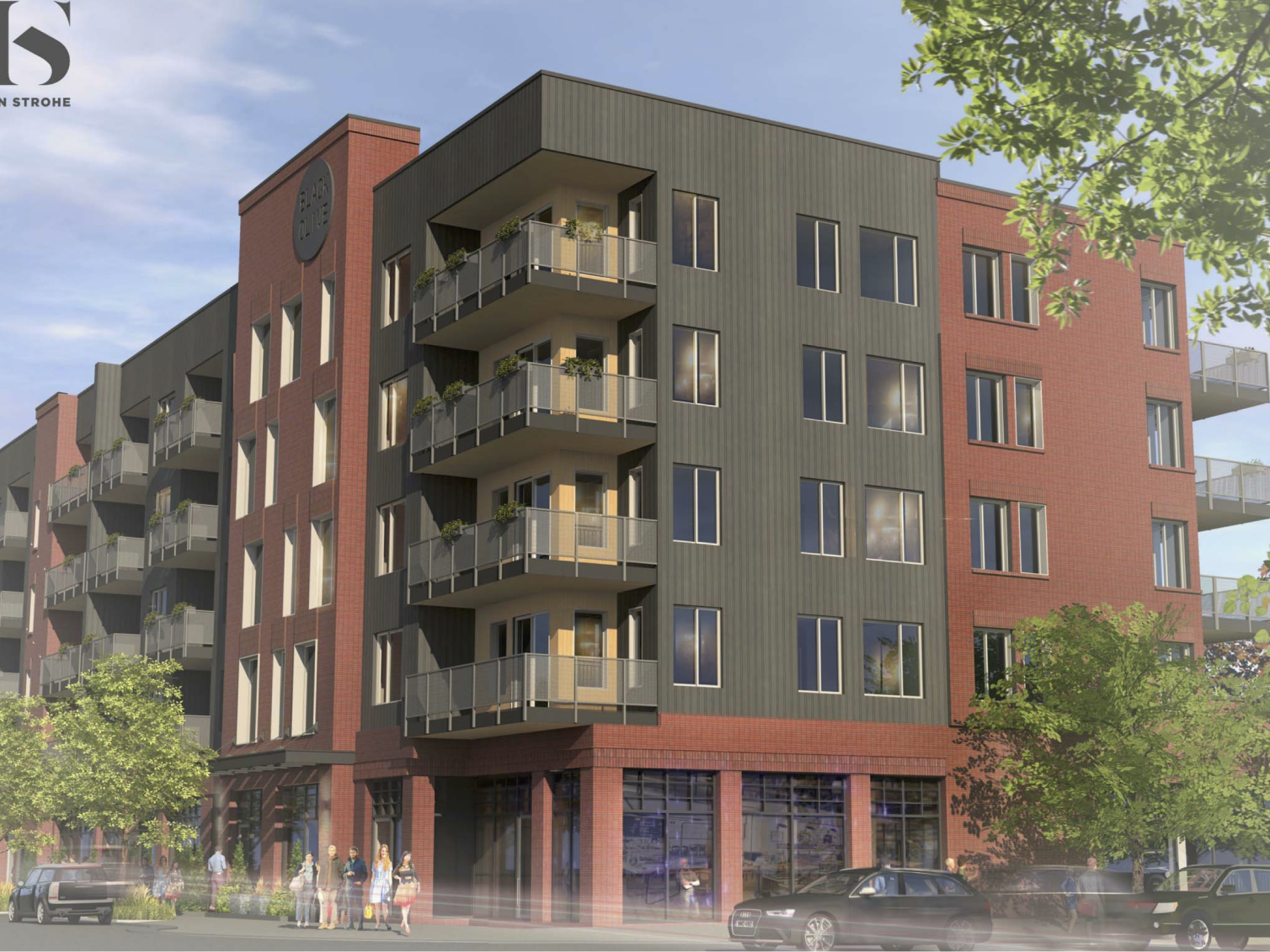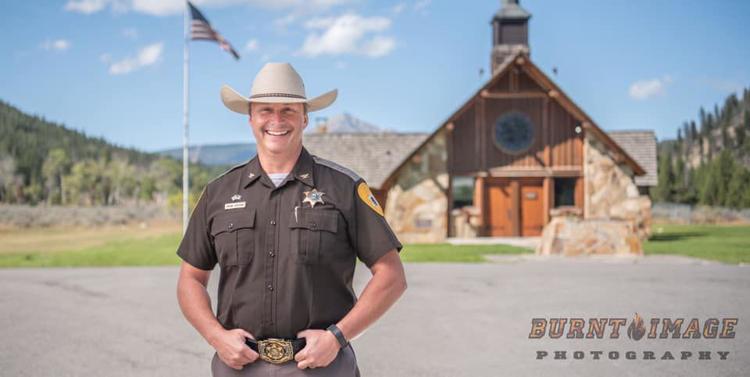BOZEMAN, Mont. – Take away the pandemic that roiled nearly every aspect of life last year, and 2020 would still have been a challenging one for the Bozeman city commission.
It was a year marked by the pandemic and leadership changes on a few levels for the city, as well as the culmination of massive planning efforts that will guide much of the city’s growth in years to come.
“In 2019, we had a city manager who left. In 2020, we had an interim city manager. We got a new city manager. We have the pandemic, which affected our economy and the health of our community. We saw civil unrest … we had the resignation of a mayor,” said Cyndy Andrus, who took over as Mayor after former Mayor Chris Mehl resigned in September.
“Despite all of the disruptions in 2020, we were still able to provide services and pass policies that will be, I think, important into the future and that were important to the city as we were going through what we went through in 2020,” Andrus said.
Quick decisions were needed in the early days of the pandemic in mid-March, when Bozeman declared a state of emergency, switched meetings to a virtual setting and worked to get Bozeman businesses access to face masks.
For the first few months, much of the city commission’s focus had to shift to handle the ever-changing landscape of the pandemic, but several commissioners noted how crucial collaboration proved to be between the city and regional partners, like Gallatin County and Montana State.
Andrus said she expects the city to keep building on those partnerships in 2021.
A pandemic and the resignation of a mayor might be enough for any elected body, but the commission also was tasked with shaping and passing a new growth policy, which will guide the city’s development for years, and a climate plan setting out drastic emissions reduction goals.
That planning work, several commissioners said, will now spur implementation efforts in 2021.
“It was certainly a year of transition and a year of having to make things up on the fly,” said Deputy Mayor Terry Cunningham. “If 2019 and 2020 were the years of the plans then 2021 is going to be year of execution.”
In the coming months, the city will also finalize a new community engagement initiative that will reshape how the city incorporates public input into the decision-making process, and continue with an “inclusive city” review that began after nationwide protests over racial injustice and police brutality this summer.
The second quarterly report on the city’s inclusivity efforts is scheduled for February.
The protests caused the city commission to take a more critical look at equity in the city, Cunningham said.
“It was real-life world events that tested our resolve,” Cunningham said. “It continues to test us and we have not solved that issue.”
Just a few months after city manager Jeff Mihelich took over the position, the commission dealt with another leadership change when a slew of public records were released showing city staff had frequently complained of behavior from then-Mayor Chris Mehl, who allegedly tried to interfere with city administration and bullied city staff.
The ordeal brought more than a few sleepless nights and gut checks, Wallner said.
“I think it’s safe to say that we hit rock bottom in September,” Wallner said.
The files were released in early September. Days later, the city commission held a meeting to discuss the allegations, and Mehl resigned on Sept. 9, leaving an empty spot on the commission as Andrus was sworn in as mayor.
The allegations affected public trust in the commission, Wallner said, and posed a challenge for the remaining commissioners.
“Obviously (Mehl) did not treat people with kindness and respect, so we learned a lesson,” Pomeroy said.
A month after Mehl’s resignation, the commissioners appointed planning board member Jennifer Madgic to fill the empty spot on the commission.
In just the three months of Madgic’s young term, the commission has approved the growth policy, the climate plan, a capital improvement plan and made progress on the initiative to overhaul the city’s public engagement efforts.
Despite the relative chaos of 2020, commissioners noted 2021 is already shaping up to be another watershed year: The city will move to implement the climate plan and growth policies, the results of the 2020 census is expected to bump Bozeman’s population above 50,000, bringing with it a slew of federal funding requirements and changes, and the COVID-19 pandemic is still raging as all the challenges associated with mass vaccinations start to take shape.
The commission will meet in January to discuss priorities for the year, but the commissioners all said implementing the plans will be a focus.
Though the plans will guide much of the city’s work in coming years, implementing them is easier said than done.
Their plans might have clear goals, but Cunningham noted the city has limited staff and funding to accomplish them. Prioritizing time and resources will be a challenge, Cunningham said.
“We have to stay vigilant and carve out time and make priorities of those goals and policies,” Madgic said. “We can’t lose sight of what we want to accomplish with those plans, but it’s difficult when a place is changing so rapidly.”














